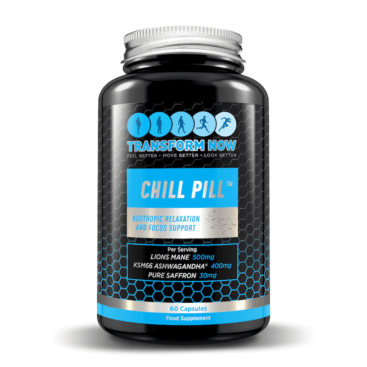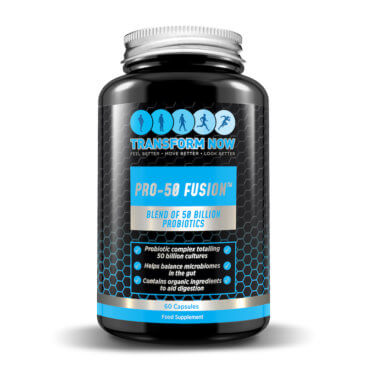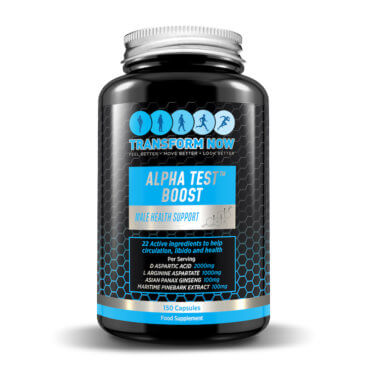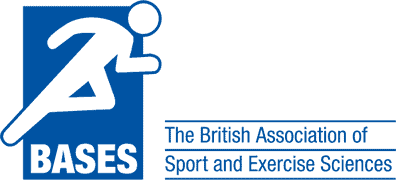The distinction between drug-tested and non-drug-tested sports primarily revolves around the use of performance-enhancing drugs (PEDs) and the regulations governing their use. Here is a detailed breakdown of both categories:
Drug-Tested Sports
Definition: Drug-tested sports implement systematic testing programs to detect and deter the use of banned substances and methods. These sports aim to ensure fair competition and athlete health by enforcing anti-doping rules.
Key Characteristics:
- Regulations and Oversight: Governed by national and international anti-doping organizations, such as the World Anti-Doping Agency (WADA), United States Anti-Doping Agency (USADA), and various sport-specific federations.
- Testing Programs: Athletes are subject to regular, random, and event-specific drug testing. This includes urine tests, blood tests, and biological passport programs.
- Banned Substances: A comprehensive list of banned substances and methods is maintained and regularly updated. This includes anabolic steroids, stimulants, diuretics, growth hormones, and blood doping techniques.
- Consequences of Positive Tests: Athletes testing positive for banned substances face penalties, including suspensions, fines, disqualification, and stripping of titles or records.
Examples:
- Olympics: The International Olympic Committee (IOC) enforces strict anti-doping regulations.
- Professional Sports Leagues: The NFL, NBA, MLB, and NHL have their own anti-doping policies.
- International Competitions: FIFA World Cup, Tour de France, and IAAF World Championships.
Exemptions
Medical exemptions may exist due to pre-existing medical conditions. Usually, approval is required before competition.
Non-Drug-Tested Sports
Definition: Non-drug-tested sports do not implement systematic anti-doping programs or have minimal oversight regarding the use of performance-enhancing drugs. These sports may allow or tolerate the use of certain substances as it is the accepted norm or social norm within the sport to use performance-enhancing drugs.
Key Characteristics:
- Lack of Formal Testing: More formalized testing programs are needed to detect the use of PEDs.
- Regulations: Rules regarding drug use may be lenient or non-existent, allowing athletes to use substances that are banned in drug-tested sports.
- Athlete Autonomy: Athletes have more freedom in their training and supplementation practices, including using PEDs.
Examples:
- Specific Bodybuilding Competitions: In specific competitions, some bodybuilding federations do not test for steroids and other PEDs
- Powerlifting and Strongman Competitions: Some federations do not test and may have a drug-tested and non-drug-tested division.
- Combat Sports: Certain promotions and smaller organizations may have less stringent or no drug-testing protocols.
- Sports: Sports which have a masters or senior competitors
Implications for Athletes and Competitions
- Fairness and Integrity: Drug-tested sports aim to maintain a level playing field and protect the integrity of the competition.
- Health and Safety: Anti-doping regulations are designed to protect athletes’ health by discouraging the use of potentially harmful substances.
- Public Perception: Drug-tested sports may be viewed as more credible and fair by the public and sponsors, while non-drug-tested sports may attract criticism or a niche audience interested in seeing the limits of human performance.
- Athlete Choices: Athletes may compete in drug-tested or non-drug-tested sports based on their personal beliefs, health considerations, and competitive goals.
Conclusion
The distinction between drug-tested and non-drug-tested sports reflects differing philosophies on performance enhancement, athlete health, and competition fairness. While drug-tested sports claim to prioritize regulation and integrity, non-drug-tested sports offer a different competitive environment where the use of PEDs may be more accepted or overlooked and seen as a personally informed decision.
Our Opinion
We neither condemn nor condone the use of performance-enhancing drugs. We see this as a personal decision, and the individual is entirely responsible for their decision.
Our objective and aim is to keep the athlete safe as possible.
We will not help or assist in trying to make anyone pass a drug test, mask their results, or manipulate their results under any circumstances.






